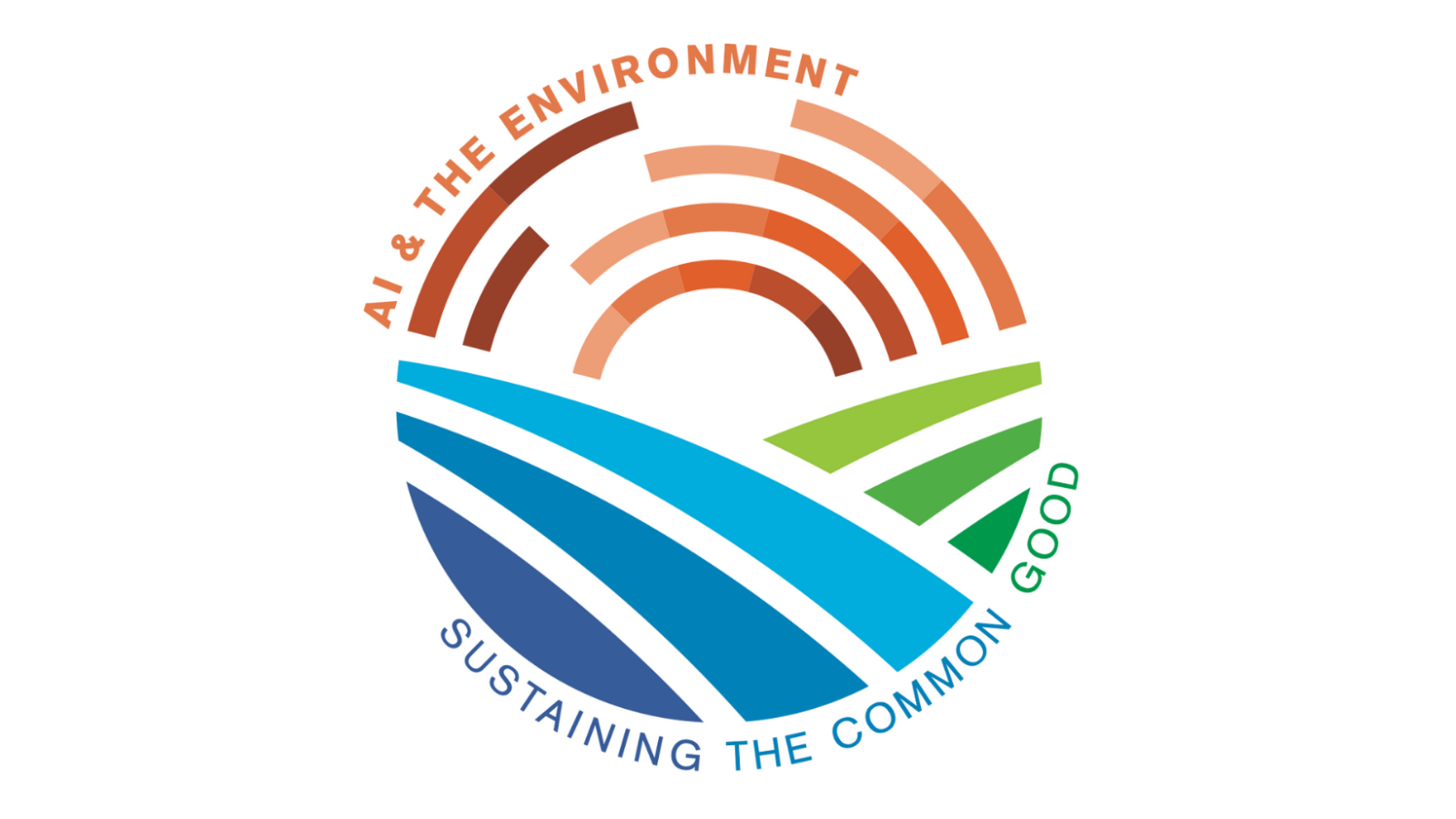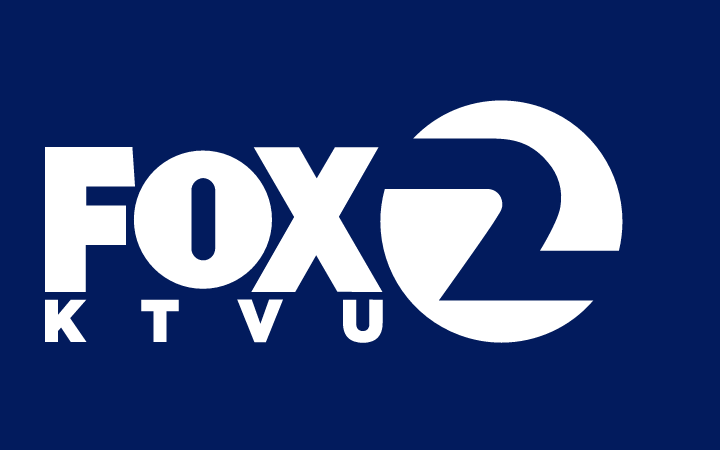|
The Web site wisegeek.com defines computer "hacking" as "the practice of modifying computer hardware and software to accomplish a goal outside of the creator's original purpose." Depending on one's perspective, the term "hacking" might bring up negative associations—with issues such as identity theft, breaches of national security, or invasions of privacy—or positive associations—with intellectual freedom and curiosity, combined with a trickster spirit and an inclination to challenge authority and conventional norms. Either way, hacking brings up many ethical questions.
From a Utilitarian Perspective
Some hackers argue that disclosure of information that governments or corporations try to keep secret will ultimately provide more good than harm—by making those governments and corporations truly accountable and allowing citizens or shareholders to demand change when needed. Do you agree? Is there any information that should really be kept secret? How do we balance the need for transparency with the need to protect ourselves, for example, from groups who do not believe in transparency and other democratic values? Do we trust the ability of hackers to balance out the good and the harm that may result from their disclosures? Do we trust governments or corporations more, when it comes to striking that balance?
From a Rights Perspective
Do all of us have an absolute right to access all the information available on the Internet? Do we have a right to communicate and associate freely? And, if so, does hacking promote freedom of speech and of association by breaking barriers set up around certain information? Should hacking be seen as a way of critiquing a system in order to reform it, somewhat similar to parody? Or might hacking in fact "chill" speech and association by letting Internet users know that nothing they say and no groups or causes that they associate with on the Internet will remain private, protected from potential disclosure by a hacker?
From Fairness or Justice Perspective
Some hackers see themselves as electronic Robin Hoods—taking information from those who would hoard it, and spreading it to all. In addition, hacking groups are egalitarian: anyone can join, regardless of gender, age, race, or class (as long as the person has access to a computer), and the amorphous hacking (dis)organizations don't have a clear hierarchy. Does hacking then make Internet use more fair, by allowing to any user access to information that would otherwise be available only to some? Or is hacking an unjust takeover of information from those who don't have the know-how or resources to protect it?
From a Common Good Perspective
Pope Paul IV described the common good as "the sum of those conditions of social life which allow social groups and their individual members relatively thorough and ready access to their own fulfillment." Ready access to unlimited information is part of many hackers' credo. Is unrestricted access to information one path to individual and communal fulfillment? Or does hacking undermine the usefulness of the Internet as a common good because it makes users reluctant to share information online? Overall, does hacking promote or hinder the development of relationships and the building of community?
From a Virtue Perspective
Many hackers share a strong appreciation for certain virtues: independence, freedom of thought and expression, modesty. However, what some hackers would describe as "sharing," others would call "stealing." Unfettered freedom might also be described as anarchy. And, while accusing others of dishonesty, hackers cover up their own identities in order to hide from those who would stop them. Are hackers pushing individuals, corporations, and governments to become more virtuous users of the Internet—or are they mostly tearing down what others have built, and ultimately limiting the usefulness of the Internet? Does hacking promote the development of ethical character?
|



